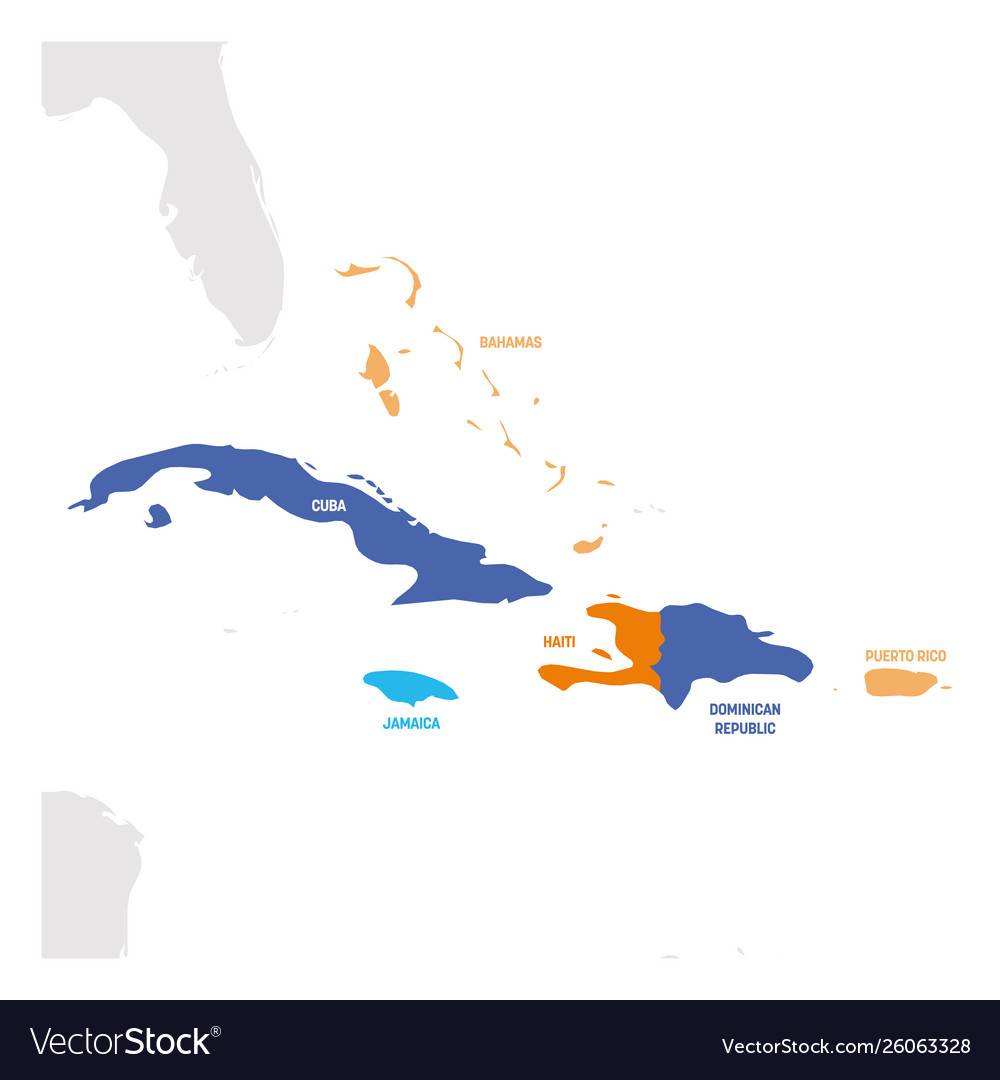The Caribbean region, an archipelago of stunning islands and vibrant cultures, lies nestled between the Atlantic Ocean and the Caribbean Sea. This region comprises several countries and territories, each with its unique allure and rich history. From the majestic shores of Cuba to the idyllic beaches of Barbados, the Caribbean entices travelers with its verdant landscapes, lively rhythms, and remarkable diversity. In understanding its geography and cultural intricacies, one can appreciate a deeper spiritual resonance within the Christian tradition that permeates the lives of its inhabitants.
The Caribbean consists of over 700 islands, islets, reefs, and cays, dotted across a vast expanse of azure waters. Geographically, it is divided into different archipelagos: the Greater Antilles, the Lesser Antilles, and the Bahamas. The Greater Antilles includes the largest islands, namely Cuba, Jamaica, Hispaniola (which comprises Haiti and the Dominican Republic), and Puerto Rico. The Lesser Antilles encompasses the smaller eastern islands, extending from the Virgin Islands to Trinidad and Tobago. Each island carries its own demographic and cultural footprint, shaped by centuries of colonization, migration, and natural evolution.
Culturally, the Caribbean is a microcosm of global influences, where African, European, Indigenous, and Asian heritages converge to form a colorful tapestry. This melange is particularly evident in the vibrant traditions, music, art, and culinary practices found throughout the islands. The African diaspora has notably influenced musical genres such as reggae, calypso, and soca, each carrying rhythms that evoke deep communal experiences. The diverse sociocultural landscape offers an engaging exploration of how faith and spirituality intermingle with everyday life.
With Christianity as a predominant faith across the region, the cultural dynamics of the Caribbean are intricately linked to its religious practices. A significant portion of the population identifies as Christian, with denominations ranging from Roman Catholicism to Protestantism. The legacy of European colonialism established the church as a pivotal institution in many communities, shaping social values and ethical behaviors. Churches often stand as historic landmarks, serving as both places of worship and symbols of resilience amidst the various cycles of upheaval.
One finds that attending church services in the Caribbean is a communal affair, fostering a sense of belonging among congregants. The inclusive atmosphere radiates warmth and friendship, emphasizing not only the spiritual aspect but also the social ties within communities. The communal activity fosters discussion around shared values, encouraging moral instructions derived from biblical teachings. Such gatherings also highlight the significance of collective faith in navigating life’s adversities, particularly in the face of economic challenges and environmental complexities.
Remarkably, Caribbean Christianity does not exist in a vacuum but rather interacts dynamically with local customs and beliefs. Some manifestations of folk spirituality intermingle with Christian doctrine, producing syncretic practices that are fascinating in their complexity. Celebrations such as Carnival and various local festivals often incorporate religious elements alongside traditional folklore, serving as vibrant expressions of faith that reflect cultural identity. The integration of sacred narratives and local myths showcases how spirituality can be uniquely tailored to meet the community’s needs while drawing from its rich ancestral heritage.
The islands’ breathtaking landscapes also play an essential role in spiritual reflection. Many Caribbean inhabitants see the ocean, volcanic mountains, and lush rainforests as manifestations of the divine. This natural beauty becomes a canvas for exploring the essence of faith, where the grandeur of nature evokes a profound sense of worship and appreciation for creation. Numerous individuals articulate their relationship with the divine through their interaction with the environment, recognizing the interconnectedness of all life. Such contemplations resonate deeply within the Christian perspective, as the natural world serves as a reminder of God’s providence and creativity.
Moreover, the Caribbean’s historical struggles, including colonial oppression and contemporary socioeconomic challenges, instill a strong reliance on faith among its people. For many, prayer and worship provide solace and hope in times of distress, functioning as a source of strength and resilience. The narratives of perseverance prevalent in local churches often echo those found in the Bible, reinforcing the notion that suffering can lead to spiritual growth. This belief in redemption and divine providence encapsulates a profound theological understanding that transcends mere cultural expression; it becomes an integral part of the existential journey of many Caribbean Christians.
In addition to its spiritual significance, the Caribbean region is also a focal point for the Christian mission, drawing ecumenical efforts from around the globe. Various denominations engage in cooperative missions aimed at addressing social issues such as education, healthcare, and poverty alleviation. This outreach underscores an essential Christian tenet of service and community engagement, fostering partnerships that transcend ethnic and denominational divides.
In conclusion, the Caribbean region, with its geographical splendor and cultural richness, captivates the spirit and mind alike. Its diverse nations, each offering a mosaic of languages, histories, and traditions, embody a unique narrative that has evolved over centuries. This narrative is enriched by a profound Christian presence, weaving spirituality through the very fabric of daily life. The passion for community, reverence for creation, and commitment to collective worship demonstrate how the essence of faith thrives amidst a vibrant cultural landscape. As one delves into the ethereal beauty of the Caribbean, it becomes evident that the region is not merely a geographical location but a living testament to the enduring power of faith and culture interwoven in the human experience.



